Understanding Desert Air Conditioners
Desert air conditioners, commonly known as evaporative coolers, offer an energy-efficient solution to cooling spaces in hot, dry climates. Unlike traditional air conditioning systems, these devices utilize the natural process of evaporation to lower temperatures, making them a cost-effective and environmentally friendly option for climate control.
Types and Applications
The versatility of desert air conditioners is evident in their range of types and applications. From compact personal coolers designed for individual use to larger units capable of conditioning entire rooms, there is a model to fit various needs. Portable swamp coolers are ideal for single rooms or small spaces, while fan coolers can be used to provide a breeze in outdoor settings. For those requiring a more targeted approach, wearable air conditioners offer a personal cooling solution.
Features and Materials
Evaporative air coolers are engineered with features that enhance their efficiency in dry environments. They typically include a water reservoir, cooling pads, a fan, and often, a filter system to purify the air. The materials used in these coolers are chosen for their durability and ability to support the evaporation process, with many models featuring robust, weather-resistant exteriors for outdoor use.
Advantages of Evaporative Cooling
The primary advantage of a swamp cooler is its energy efficiency, consuming significantly less electricity compared to conventional air conditioners. This not only leads to lower operational costs but also reduces the carbon footprint of cooling systems. Additionally, since desert air conditioners add moisture to the air, they can improve comfort in dry climates by mitigating the harshness of dry air.
Selecting the Right Unit
Choosing the right desert air conditioner depends on several factors, including the size of the area to be cooled and the local climate. For personal use, a neck air conditioner or a personal portable air conditioner might suffice, while larger spaces may require a room cooler fan. It is essential to assess the cooling capacity of each unit to ensure it meets the specific needs of the space.
Environmental Considerations
In addition to their cost-effectiveness, evaporative air coolers are favored for their minimal environmental impact. By harnessing the natural process of evaporation and using water as a refrigerant, they avoid the use of harmful chemicals typically found in traditional air conditioning systems. This makes them a more sustainable choice for those looking to reduce their ecological footprint.


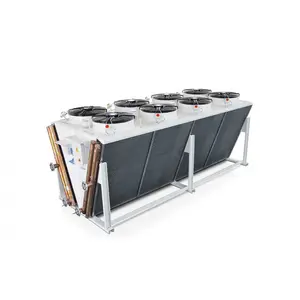

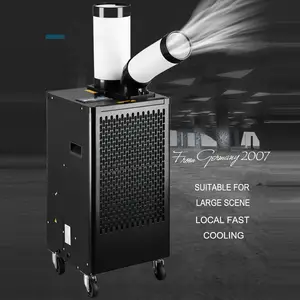



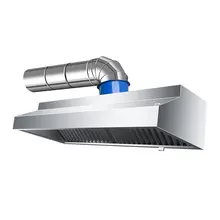

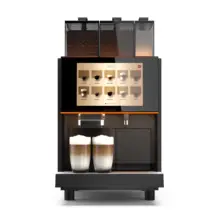
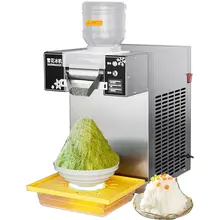




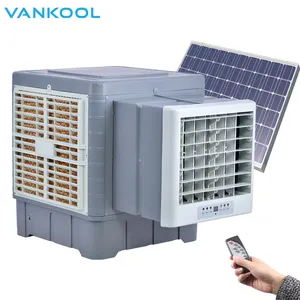



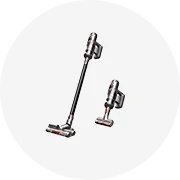



















 浙公网安备 33010002000092号
浙公网安备 33010002000092号 浙B2-20120091-4
浙B2-20120091-4